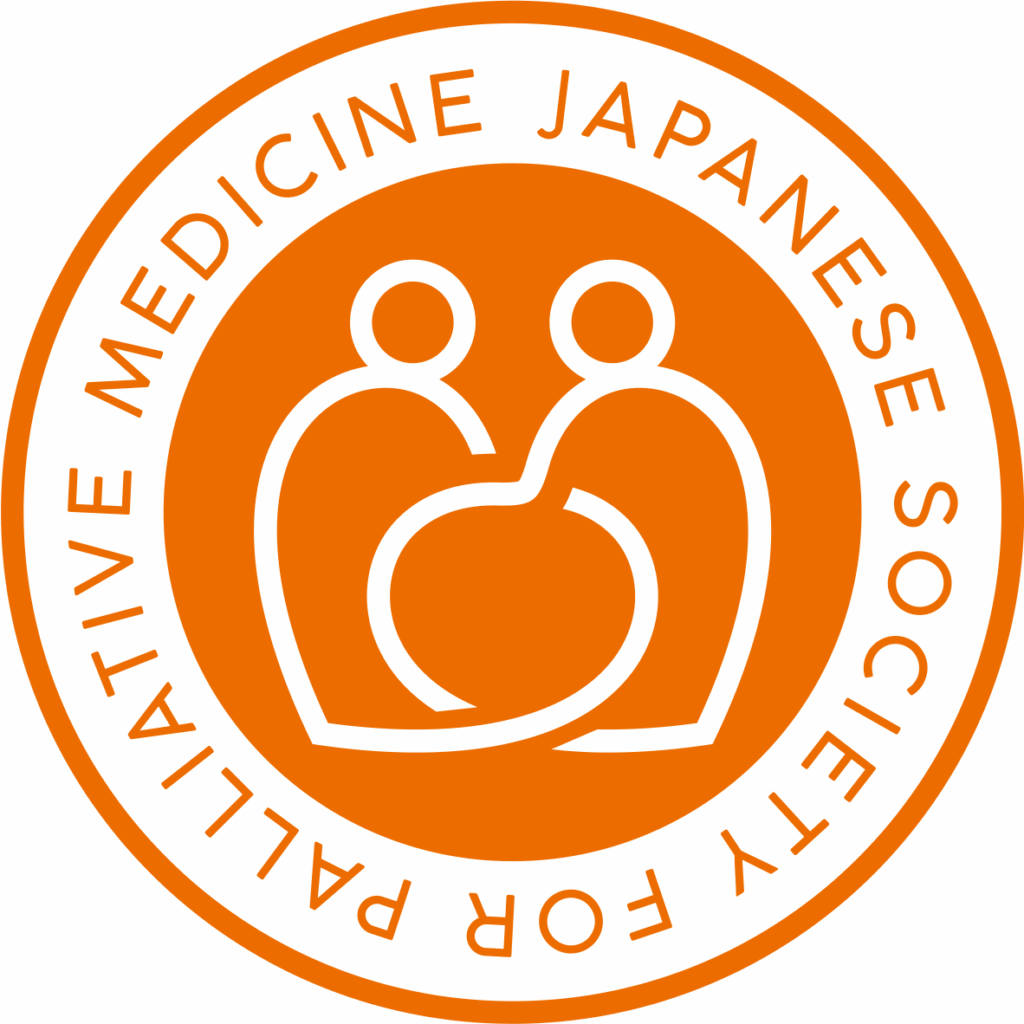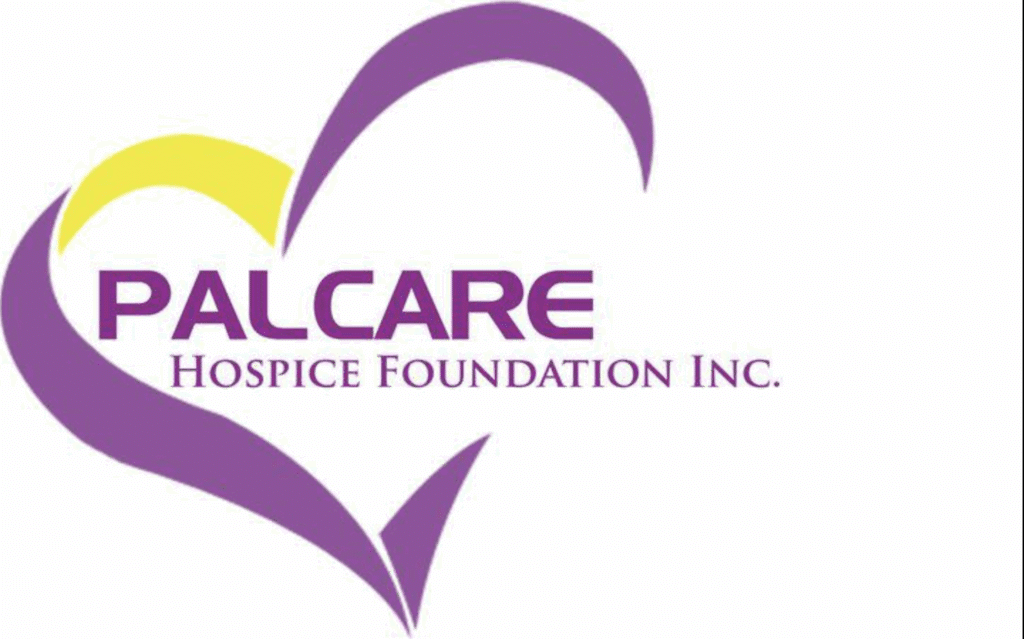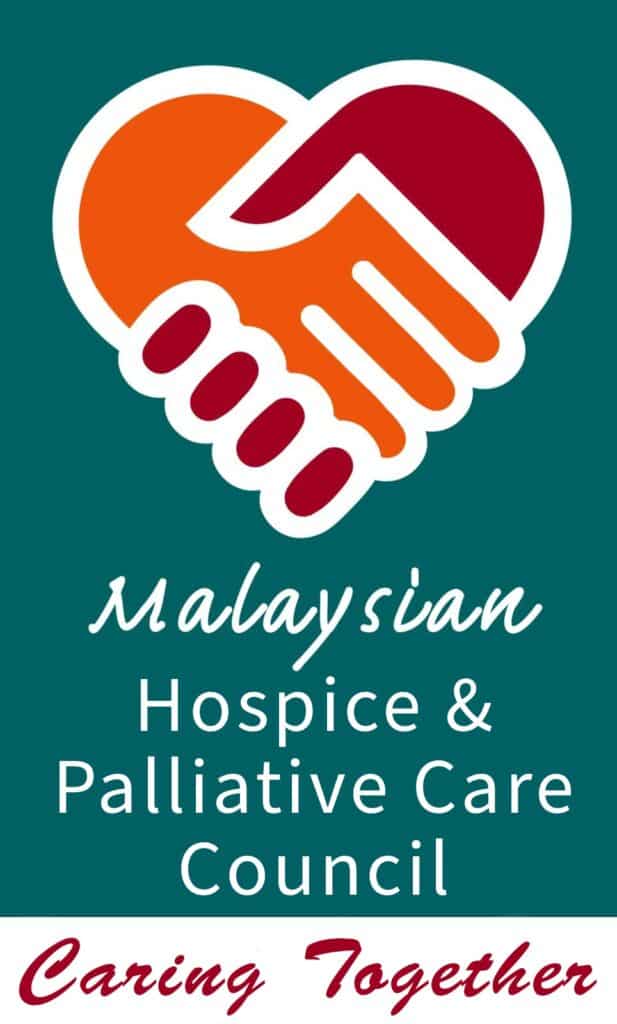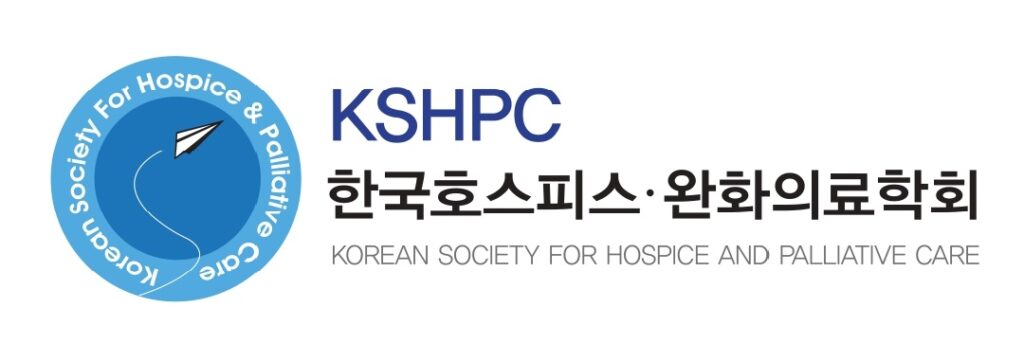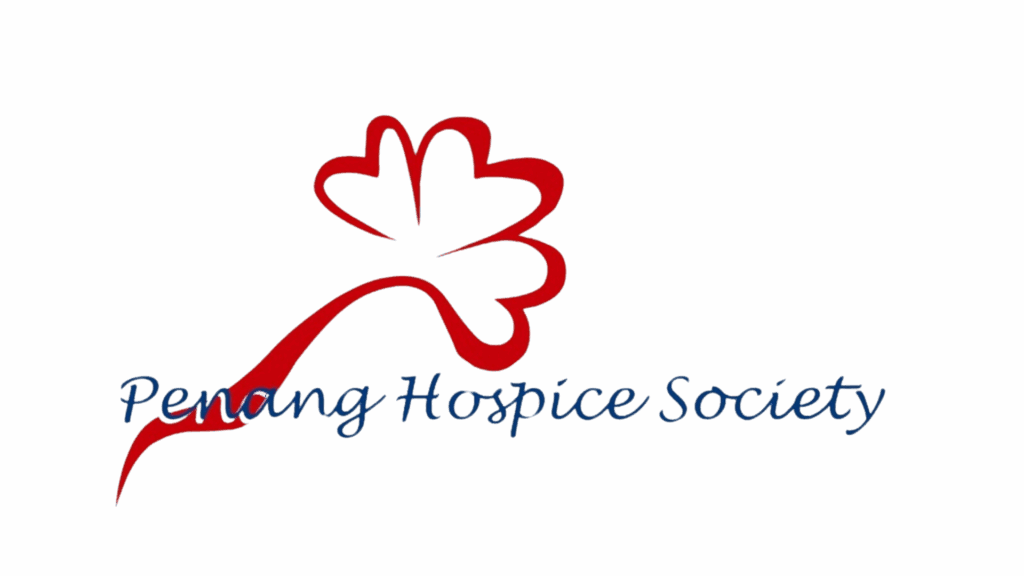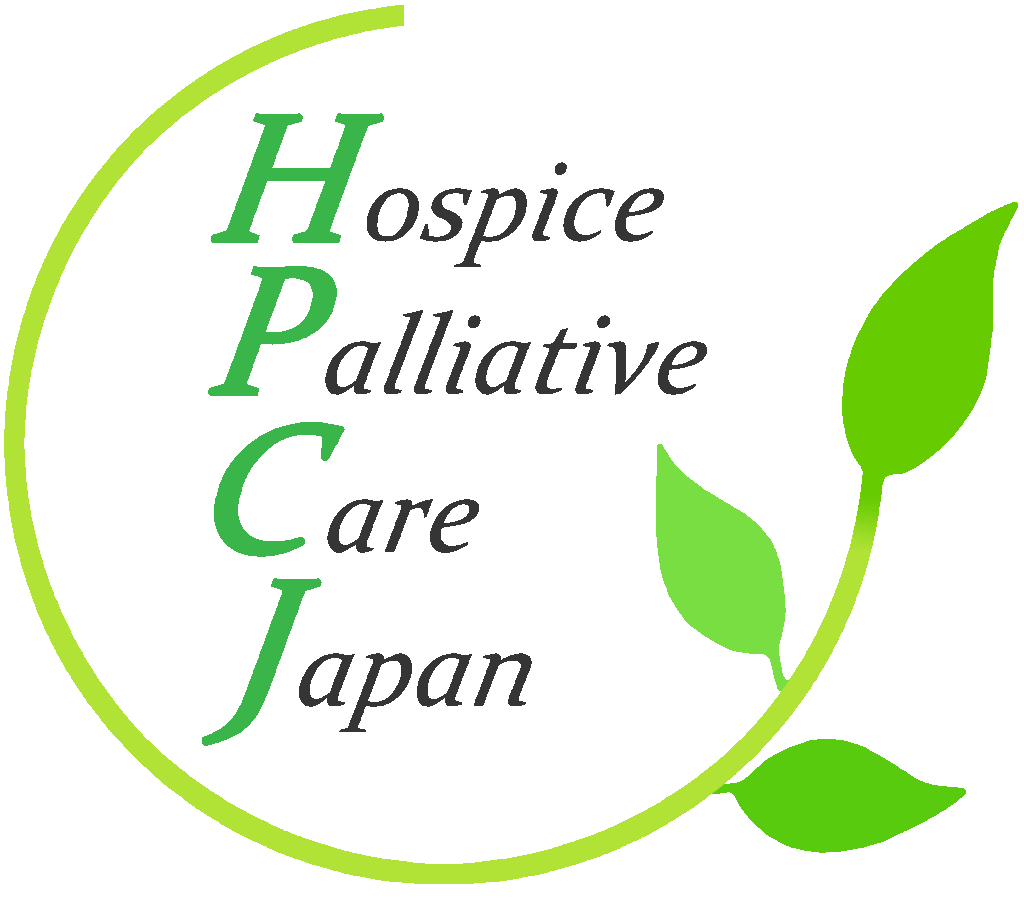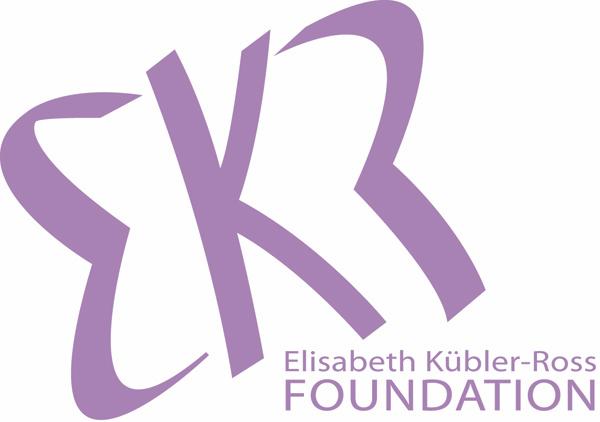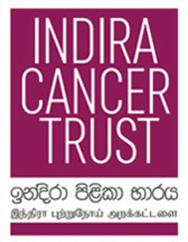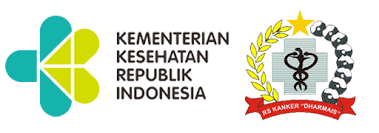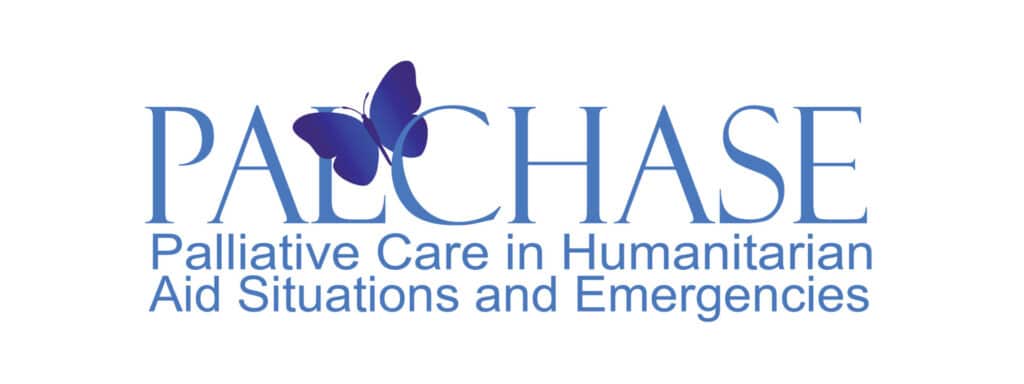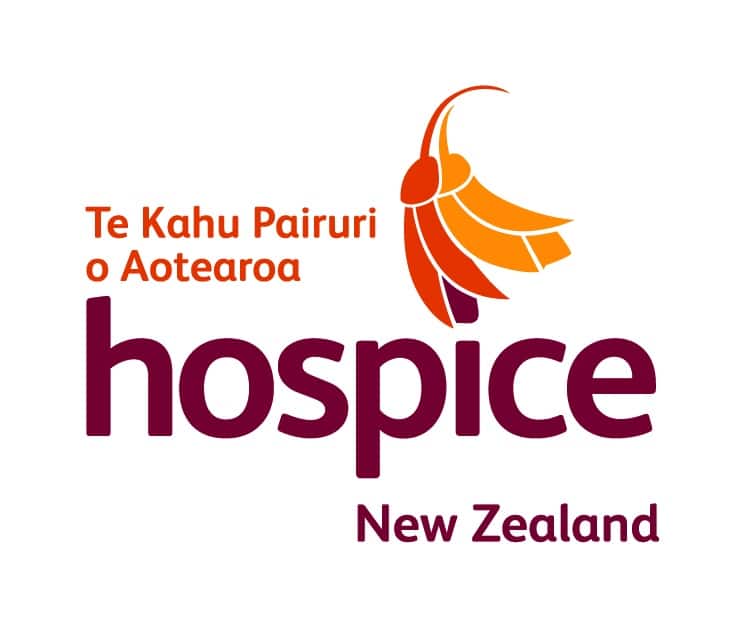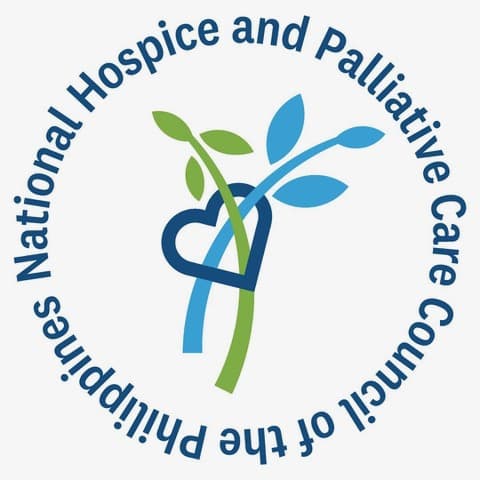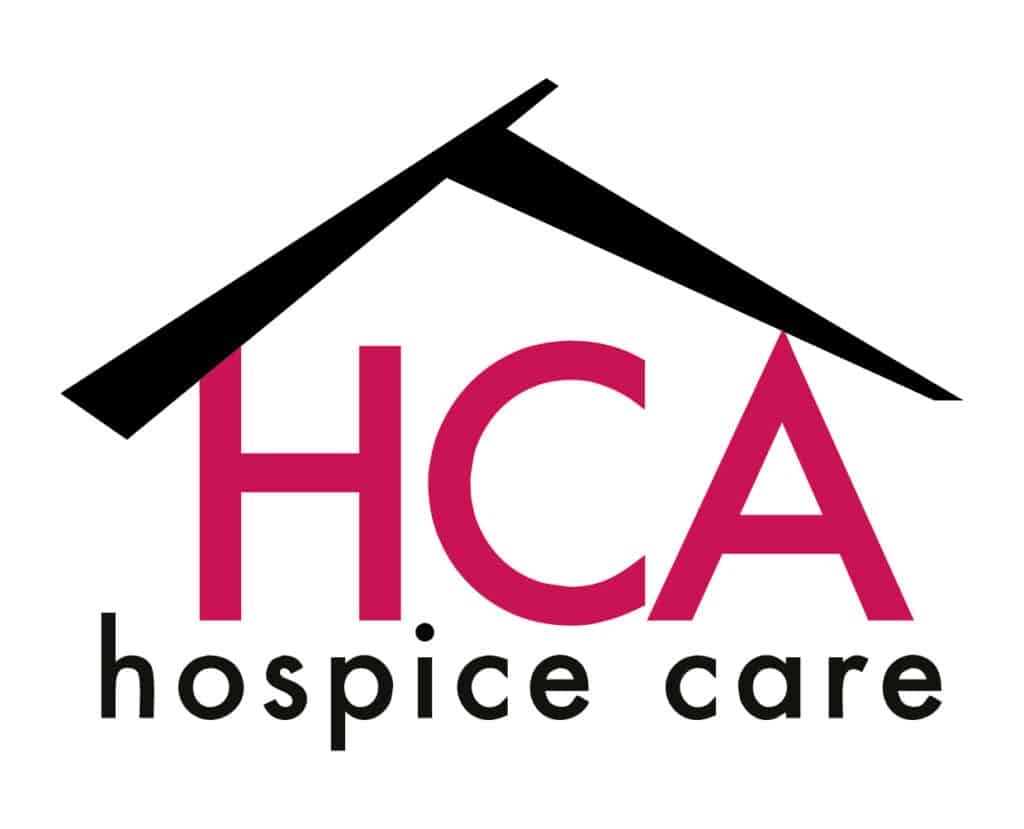We, the international palliative care community, driven in our collective work to heal, offer hope, and uphold dignity in serious illness, are deeply concerned by recent global events which are testing the ability of healthcare systems, colleagues, and communities to offer live-saving and dignified care for people experiencing humanitarian crises such as climate events, wars and economic emergencies.
We are alarmed at the wide-reaching impacts of the highly significant reduction and freezing of foreign aid which is putting at immediate risk the lives and health of individuals and communities, and threatening to undo decades of progress in preventing, managing, and alleviating the suffering of those with, life-limiting conditions. We are devastated by catastrophic losses of human lives and livelihoods inflicted on innocent civilians in settings of war and injustices, and watch distressed as health and social care colleagues and healthcare institutions have been targeted.
This week is the 16th Asia Pacific Hospice Palliative Care Conference in Sarawak, Malaysia. Our conference – centred around the theme of “Embracing Diversity, Empowering Communities” – is committed to recognising the diverse needs of people and families facing serious illness across all cultures, languages, geographies and resource settings, and to building tolerant, inclusive and compassionate care models together with communities. Yet current global events challenge these values and the foundations on which our ability to offer healing and support are built. Such events are not only jeopardising existing palliative care efforts, but are creating conditions in which lack of access to even basic life-saving services, alongside new and preventable illnesses and violent injuries, render palliative care necessary for millions who would otherwise not require it. The threshold for palliative care for a substantial proportion of people is being altered by funding cuts and violations of human rights and international law, including the right to health.
Despite the enormous pressures faced by health and social care colleagues and communities in these settings – working and living through extreme events, minimal resources, displacement, hunger, the loss of loved ones, and often at great personal risk – they continue to provide dignified healthcare in serious illness, comfort the dying and console grieving relatives. The endurance of communities found in the depths of chaos compels us to respond. Noting previous statements from the palliative care community,1,2 we continue to have a collective moral and professional obligation to speak out against human-made causes of suffering. As palliative care practitioners motivated this week by diversity and community, we call for:
- the recognition of the rights of people and communities to live in safety and have their universal healthcare needs supported;
- the urgent reinstatement, continuation and increase of development and humanitarian assistance, including medical and health assistance;
- an end to hostilities in all places;
- the protection of health and social care professionals and healthcare institutions under international law;
- communities confronting humanitarian crises, including war and other extreme events, to be firmly at the heart of decisions that affect them and not determined by political interests; and
- the restoration of respect for human health, life and dignity.
1 8th International Public Health and Palliative Care Conference Statement on Compassion in Armed Conflict, 2024, https://www.phpci.org/statement-caac
2 Palliative Care in Humanitarian Aid Situations and Emergencies Statement on the Humanitarian Crisis in Ukraine, 2022, https://reliefweb.int/report/ukraine/pallchase-statement-humanitarian-crisis-ukraine



